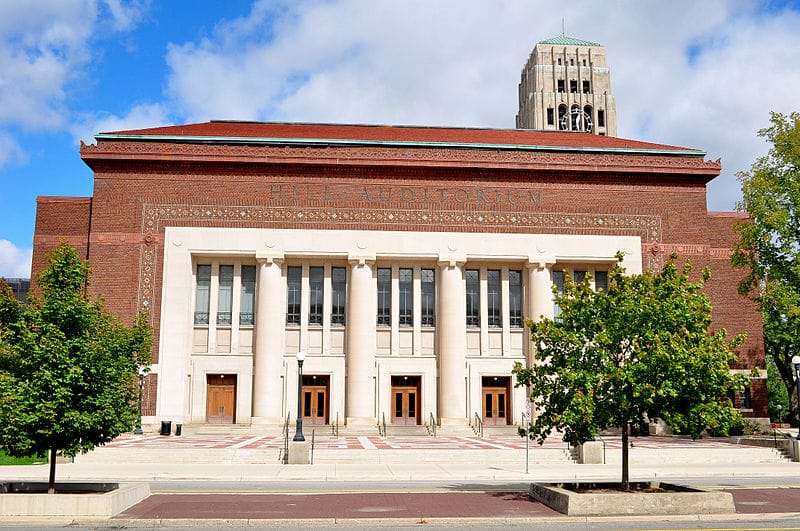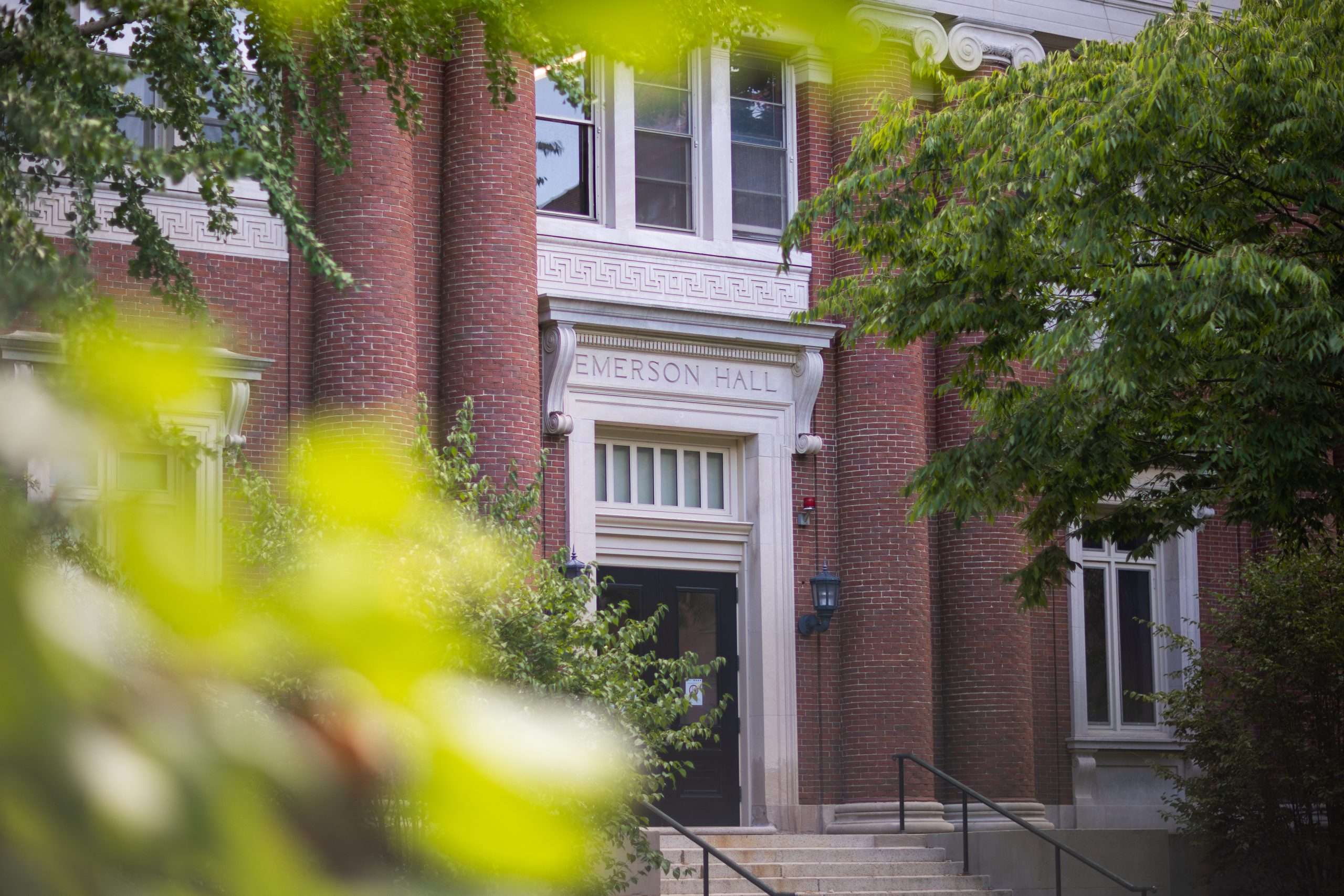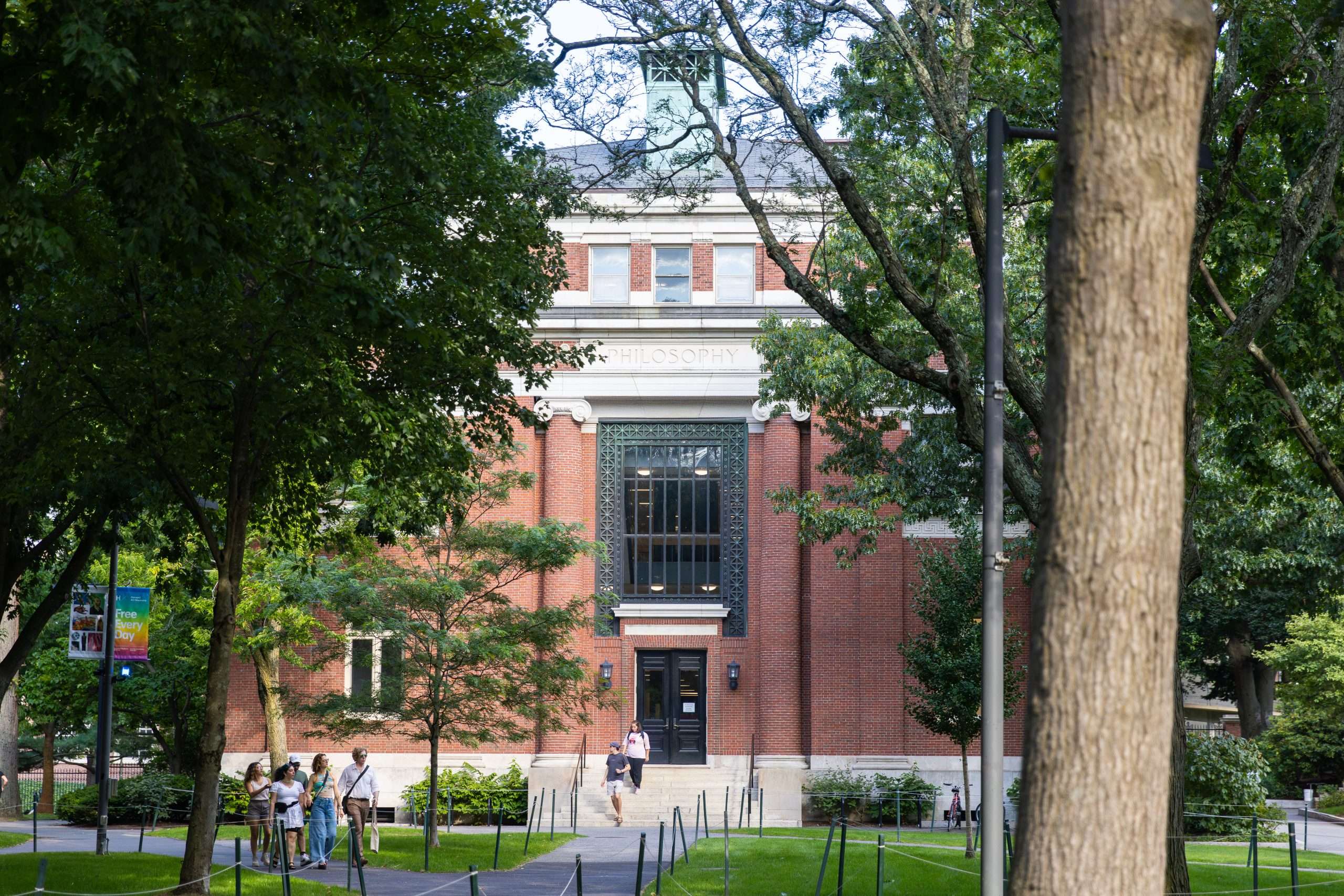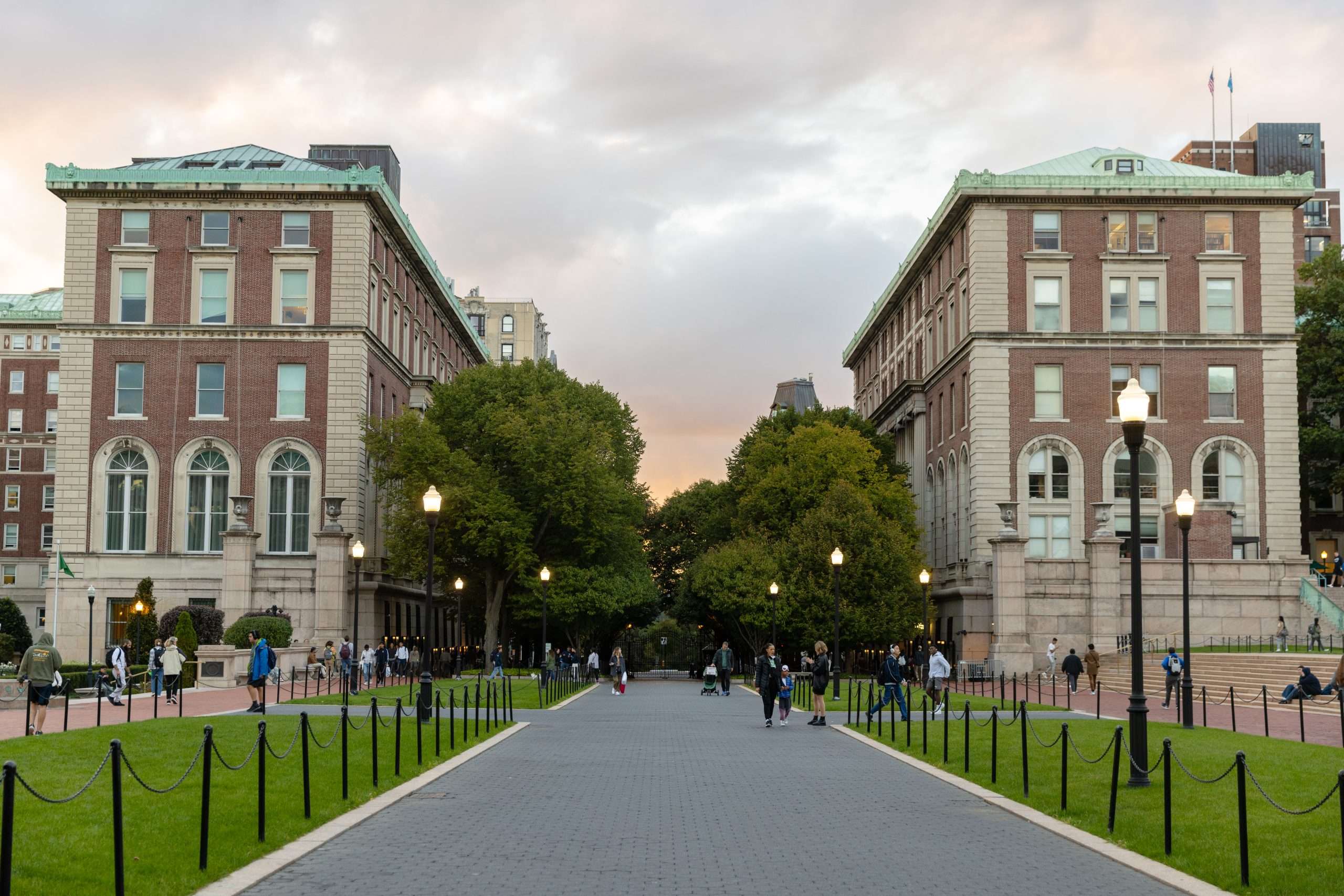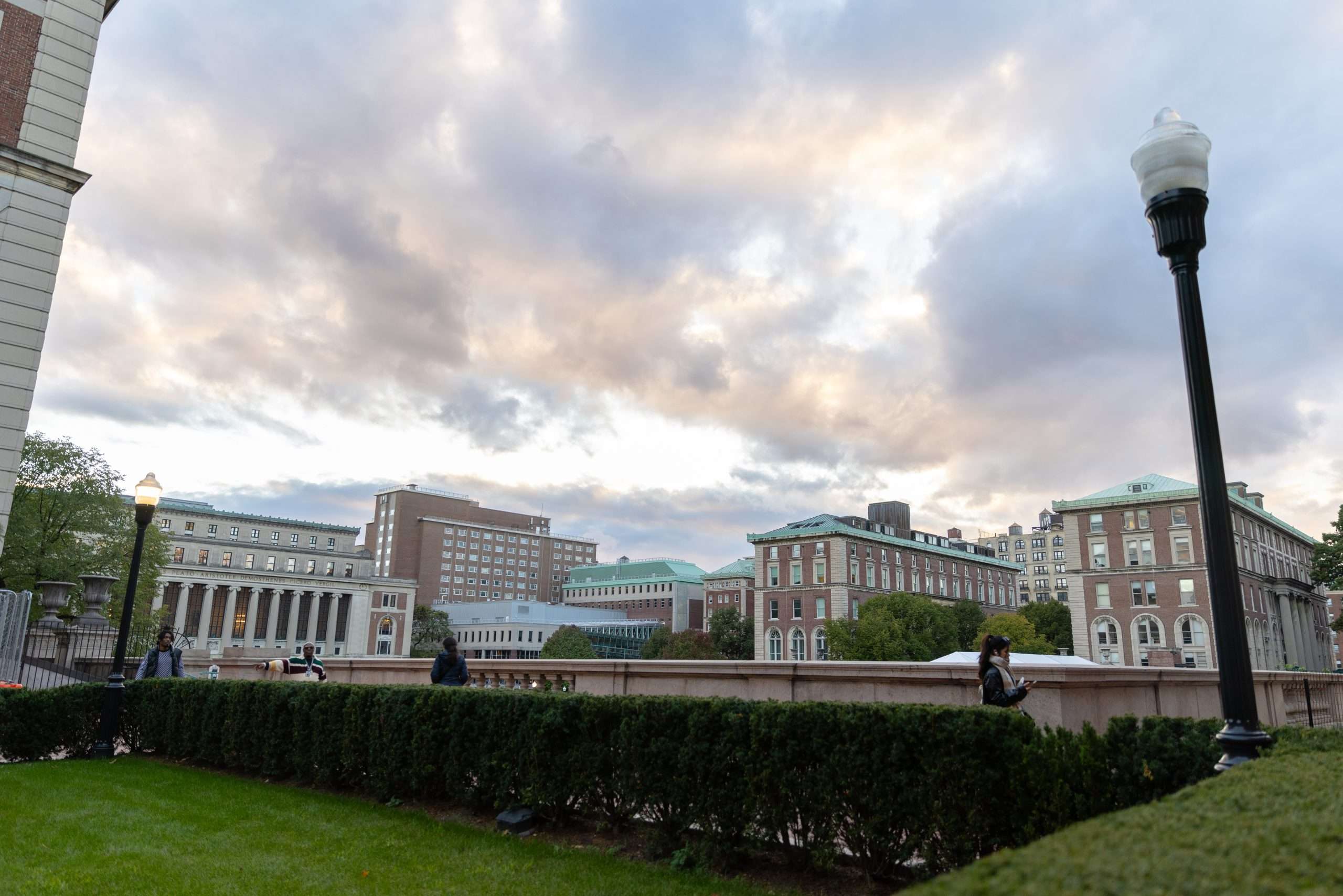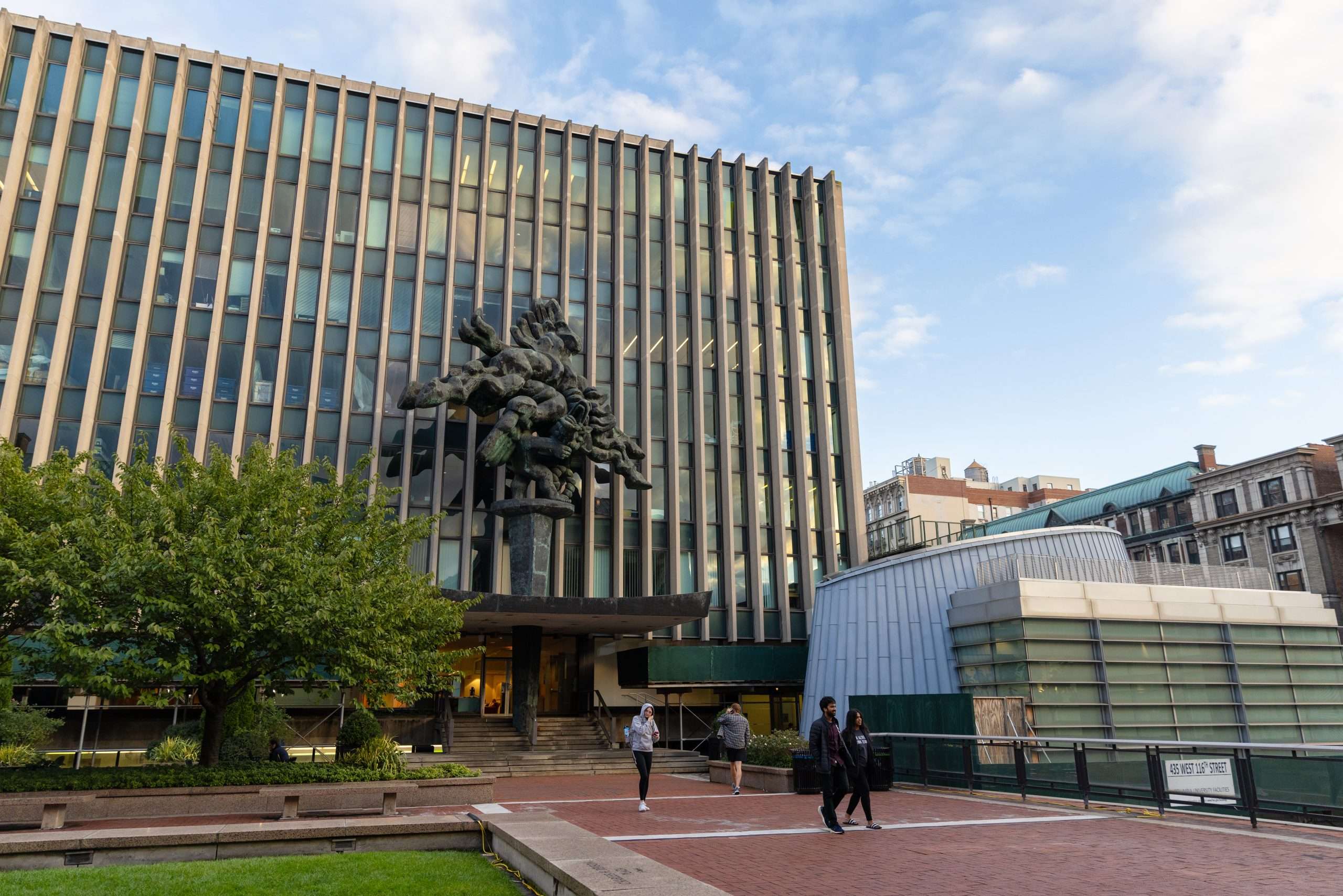The Ivy Coach Daily
How an Ivy League Education Can Influence Your Career
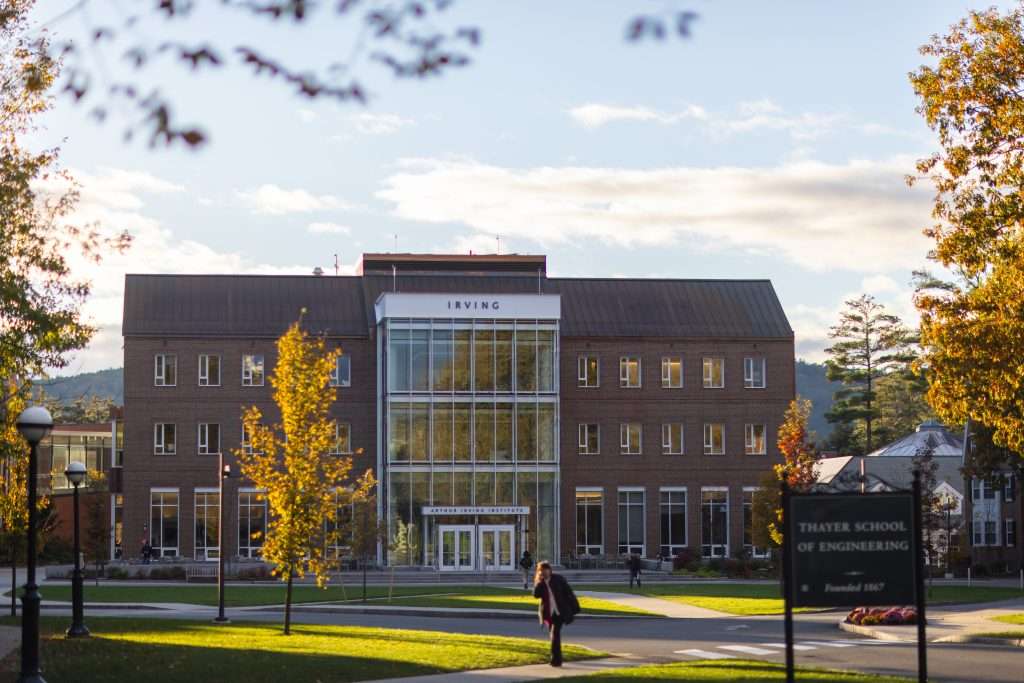
An Ivy League education is often touted as the key to upward socioeconomic mobility and a lucrative career. But is there anything to this glossy reputation? As we at Ivy Coach have continually pointed out, the Ivy League is worth the hype. Ivy League alumni have access to the world’s most prestigious professional and social networks, including hiring opportunities at many major businesses unavailable to others.
Some people argue that the Ivy League difference lies in the quality of the education, and while the likes of Brown and Yale certainly employ some of the brightest minds in the Academy, liberal arts colleges like Williams and Amherst are just as good if not better at cultivating the minds of their students. The Ivy League difference lies in the students themselves — a formidable mix of the world’s most promising artists, thinkers, and future captains of industry who not only push each other to achieve greatness, but also compete with each other, fostering a culture of excellence and ambition. Ivy League graduates go on to out-earn their peers not because they have been taught to do so but because their inherent drive and competitive streak got them into the Ivy League in the first place (and they enjoy significant professional biases in their favor)!
Ivy League Universities Outpace the Rest in Starting and Mid-Career Salaries
Data compiled by PayScale and the U.S. Department of Education both bear it out: Ivy League alumni are among the highest-paid college graduates in the country. Compare the following figures to the national median four-year college earnings ten years after graduation: $53,617.
First, let’s compare earnings across Ivy League schools.
Early and Mid-Career Earnings For Ivy League Alumni
| Ivy League School | Early Career Pay | Mid-Career Pay |
| Princeton University | $95,600 | $194,100 |
| Dartmouth College | $92,300 | $178,700 |
| University of Pennsylvania | $92,500 | $178,300 |
| Harvard University | $95,600 | $177,400 |
| Yale University | $92,100 | $171,900 |
| Brown University | $88,000 | $160,300 |
| Columbia University | $92,500 | $159,700 |
| Cornell University | $89,300 | $158,600 |
Princeton comes out on top, and Cornell comes at the bottom for early and mid-career earnings. Is this the whole picture? Not exactly. PayScale uses one dataset, and the U.S. Department of Education (as compiled by CNBC) uses another.
Earnings 10 Years After Attendance For Ivy League Alumni
According to the College Scorecard, the University of Pennsylvania boasts the highest-earning graduates ten years after attendance, Princeton comes in second, Cornell in third, and Brown in last place. Let’s take a look:
| Ivy League School | Median Earnings 10 Years After Attendance | Average Annual Cost | Median Debt at Graduation |
| University of Pennsylvania | $112,761 | $26,138 | $15,715 |
| Princeton University | $110,433 | $8,143 | $10,320 |
| Cornell University | $98,321 | $29,651 | $14,000 |
| Columbia University | $97,540 | $23,497 | $21,500 |
| Yale University | $95,961 | $18,535 | $12,975 |
| Dartmouth College | $95,540 | $31,120 | $17,500 |
| Harvard University | $95,114 | $19,500 | $14,000 |
| Brown University | $87,811 | $27,157 | $11,428 |
The Truth About the Ivy League Influence on Career
So what’s the truth? Is Princeton the top Ivy in terms of earning potential? Where does Cornell fall? Does it even matter? Regardless of which dataset you refer to, the six-figure salaries reported above indicate that Ivy Leaguers dwarf the earnings of their non-Ivy counterparts. No matter which of these eight schools you attend, you can expect to have a successful career ahead of you. But what accounts for this difference?
Have you ever heard the old saying, “It’s not what you know, it’s who you know.”? This is very much still the reality of the job market in 2024. Companies like Bain, McKinsey, and Goldman Sachs prefer Ivy League graduates over their equally competent counterparts from other institutions. While we don’t want to give the impression that an Ivy League education is the only way to experience upward mobility in America, it’s undoubtedly a significant factor. For instance, plenty of Fortune 500 companies are led by non-Ivy League graduates. But this doesn’t mean the average company recruiter isn’t going to pay extra attention to the Ivy Leaguers in the applicant pool. The name holds too much weight not to!
You are permitted to use www.ivycoach.com (including the content of the Blog) for your personal, non-commercial use only. You must not copy, download, print, or otherwise distribute the content on our site without the prior written consent of Ivy Coach, Inc.
TOWARD THE CONQUEST OF ADMISSION
If you’re interested in Ivy Coach’s college counseling, fill out our complimentary consultation form and we’ll be in touch.
Get Started